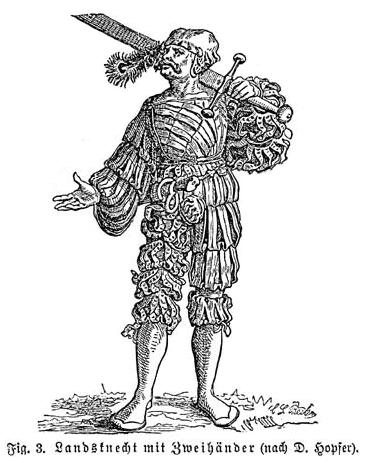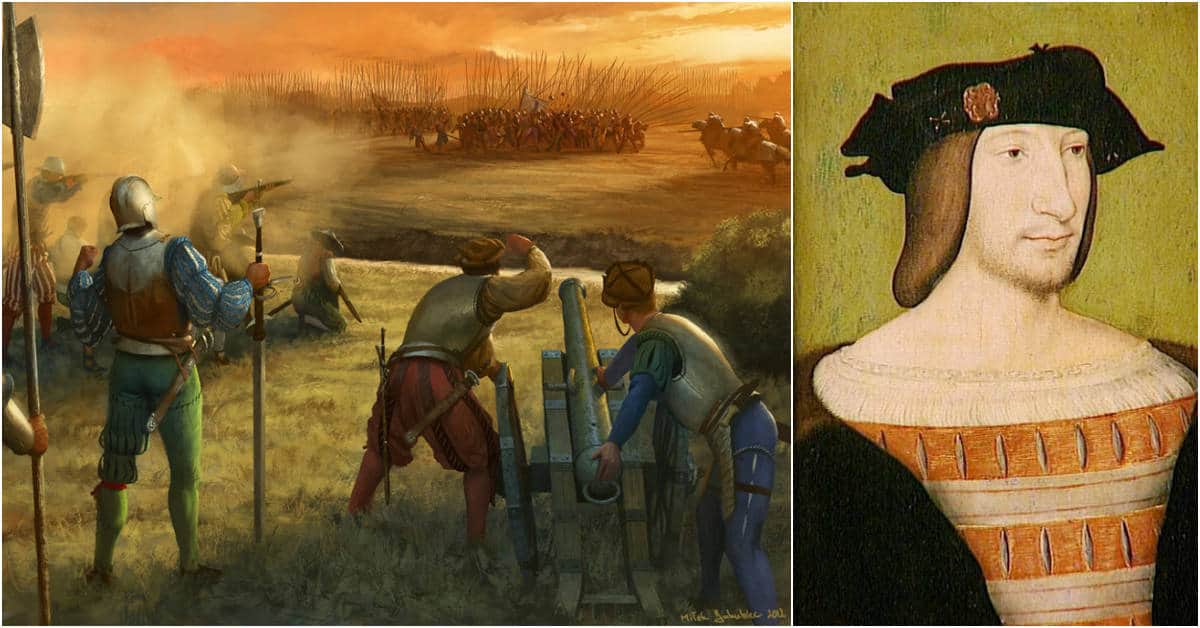Everyone knows that the Swiss are neutral, right? Well, that wasn’t always the case, and the Swiss used to be among the most feared infantry through all of Europe. Two main events far apart in history defined the peoples and policy of the Swiss.
The Helvetii tribal confederation was a gallic group of tribes that ran into Caesar during the initial stages of the Gallic Wars. After a titanic battle led to a defeat for the Helvetii, they stopped their migrations and settled in the highlands of the Swiss Alps. Throughout the centuries of European conflict leading up to the fall of Rome and the Medieval period, the Helvetii and related peoples largely stayed homogenous in their region of the Alps, eventually incorporating populations from Italy, France, and Germany to become the multicultural and multilingual nation we know today.
The Swiss found their stride as a powerful state in the late Medieval period. During the Italian Wars of the 15th and 16th centuries, the Swiss gained widespread fame for their national military conquests and the impressive showings of the Swiss mercenaries. The Swiss pikemen were known for their ability to maintain perfect formation even at a dead run, as well as being able to change their formation to attack or defend from any position. The pikemen were a large part of the revolution to gain autonomy from the Holy Roman Empire, after crushing a force of armored knights sent to quell the Swiss rebellion.
The Superior Swiss Military Machine

Mercenary groups such as Swiss pikemen and German Landsknechts became popular throughout European wars as commanders could use these groups to plug in the missing link of their army with an elite and disciplined regiment. A sort of rivalry eventually grew between the Landsknechts and the Swiss pikemen through this period as well.

In the early 1500’s the Swiss stormed out of the Alps into Northern Italy. They faced various Italian republics as well as the French throughout their campaigns but were still wildly successful in battle even against larger armies. The Battle of Novara in 1513 firmly established Swiss dominance as the 13,000 Swiss, lacking cavalry, faced a force almost twice their size complete with cavalry, artillery, and Landsknechts. Mobile charges from all directions led to the near destruction of the French army, the assaults were so quick that the Swiss took most of the camp, several guns and thousands of Landsknecht prisoners, whom they executed.
This battle gave the Swiss control of Milan in the heart of Northern Italy, a concern to the various states of Italy and particularly concerning to the French as it represented the “gateway” to greater Italy. Milan dominated the inland portion of Northern Italy, and the Swiss could threaten to dominate the immensely powerful coastal city-states of Genoa and Venice soon as well. Such control, via conquests, alliances and puppet rulers, would have brought an economic gold mine to an already proven military power and we could have had a Swiss dominance of Europe.

